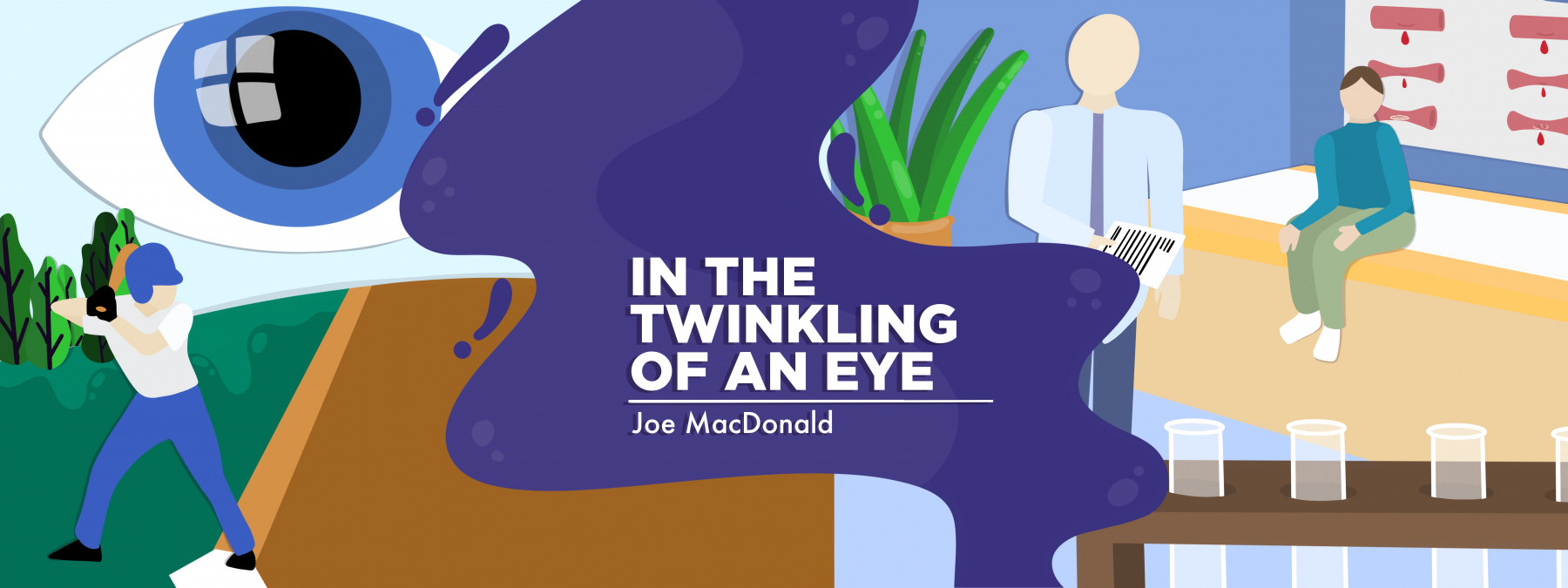What Pain Means to Me as a Caregiver

“Pain” is a short, four-letter word, but its meaning is complex for those affected by chronic illness.
For example, my youngest son, who lives with severe hemophilia, also known as factor VIII deficiency, once described the feeling of an internal bleed as sharp needles continuously attacking a joint. I could not imagine experiencing what he explained, and at the same time, my heart was heavy with the realization that my boy undergoes such awful suffering.
Part of me wants to take his pain on myself. I hurt because I can’t shield him from the effects of a long-lasting bleed. The most I can do is sit with him and help redirect his thoughts away from the situation. I have no idea how much money I’ve spent on Lego sets and computer games so that my stinky boy can have some respite from an internal bleeding episode. Sometimes, all I can do is lie with him, holding his hand as the pain becomes unbearable.
In the moments when he cries out in agony, my pain as a caregiver rises to meet my boy’s discomfort. I experience gut-wrenching grief as I realize that I am powerless to provide physical relief for my son. His moans reverberate as pains in my heart. I want to reassure him that everything will pass and be made well. But instead, I hold back these empty promises because I know I can’t fulfill them.
My pain, the heartache of a caregiver, gives way to anxiety as fear overwhelms me. I keep hoping that I will find a solution and regain some elusive power over my boy’s bleeding disorder. I wish by saying magic words or holding his hand, I could take away the nightmare he experiences. But my wishes are futile. As reality creeps back in, I do my best to remain a calming presence even though I’m dying inside.
For me, my faith helps me to regain sanity and speak words of reassurance to my son. Something at my core reminds me to trust in my expression of our sacred beliefs to provide a light of hope. Many times, faith is my only coping mechanism. While the storm rages within me, the calm and steady voice at the foundation of my soul reminds me what my boy needs from me: a safe place where he can remain present.
I do not set my pain aside but process it so it may become helpful. I try to relay a sense of calmness, hoping that my son may focus on peace and separate himself from the horrors of difficult bleeding episodes. I pray my faith can help soothe the situation, and allow my son to find respite from the most turbulent circumstances.
As a caregiver, I struggle to help my son through rough times because I want to solve the problem. My heartache stems from the realization that I lack the power to take my son’s pain away. I can’t imagine the feeling of needles overwhelming my boy’s body, but I can hold his hand and remind him that all will be well — the bleeding episode won’t last forever.
Through my energy, I hope he realizes that he is not alone in his struggles, and that the pain, which seems to last an eternity, will pass. In the end, his daddy will continue to walk beside him, ready to face whatever lies ahead of him on his journey.
***
Note: Hemophilia News Today is strictly a news and information website about the disease. It does not provide medical advice, diagnosis, or treatment. This content is not intended to be a substitute for professional medical advice, diagnosis, or treatment. Always seek the advice of your physician or another qualified health provider with any questions you may have regarding a medical condition. Never disregard professional medical advice or delay in seeking it because of something you have read on this website. The opinions expressed in this column are not those of Hemophilia News Today or its parent company, Bionews, and are intended to spark discussion about issues pertaining to hemophilia.






Leave a comment
Fill in the required fields to post. Your email address will not be published.